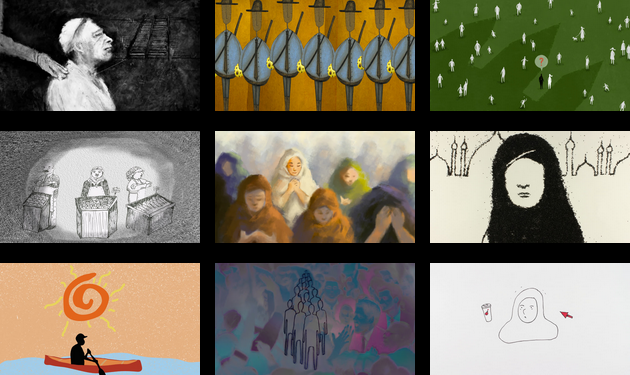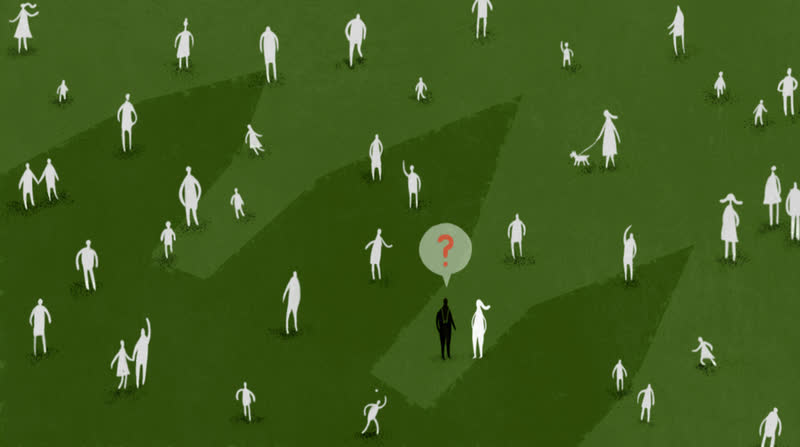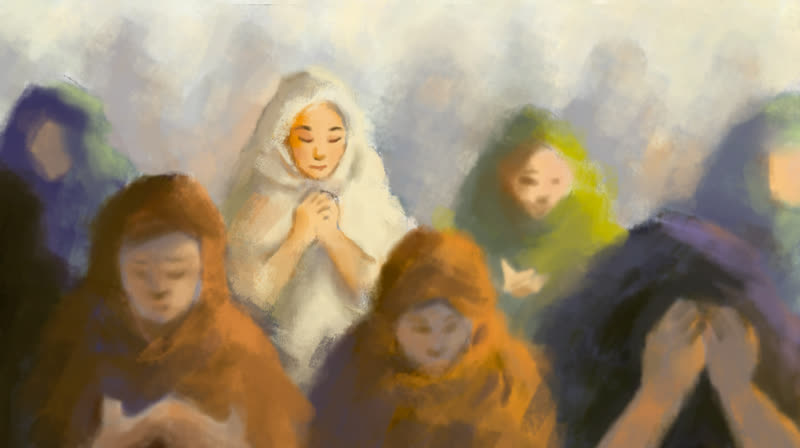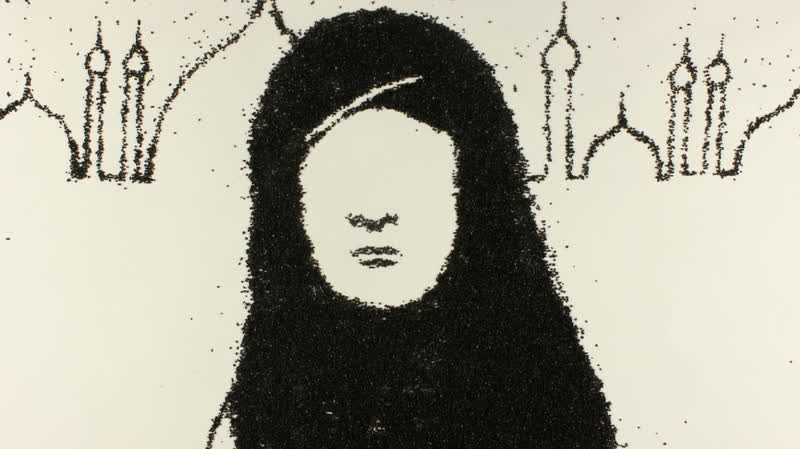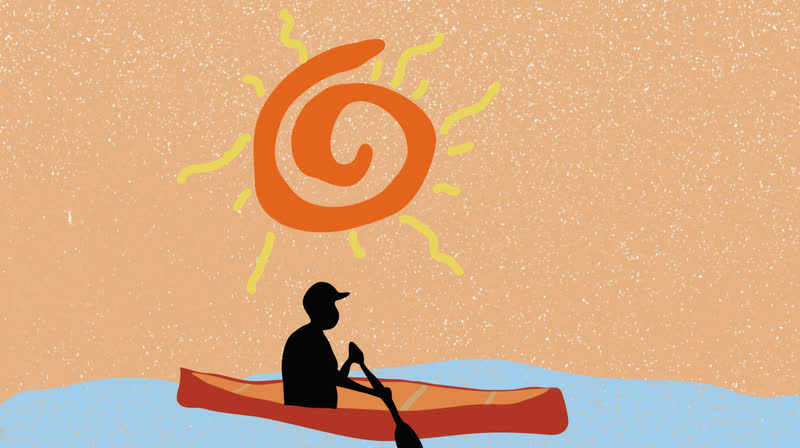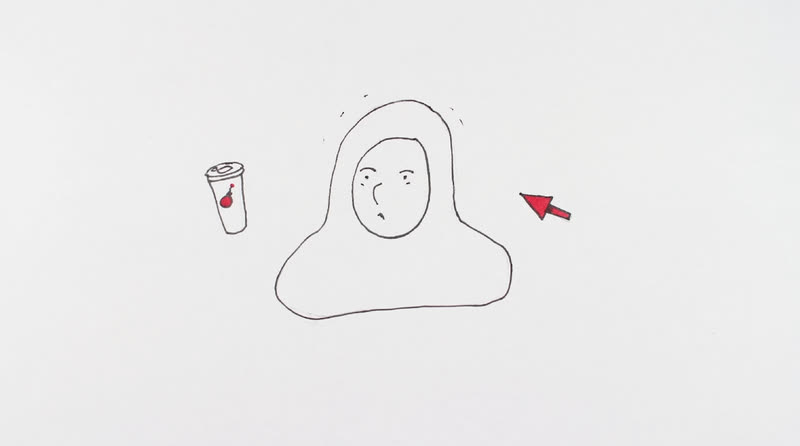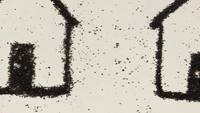Being Muslim in America means…
“I’m hesitating because it’s different now than it was before. I converted right before 9/11. We suffer because every time there is some incident, Islamophobia rises.
“With the rise of ISIS, the rhetoric in this country coming from elected officials and media are becoming so severe that we are becoming more vulnerable. We feel that when things that we have nothing to do with happen, we become targets. Right now to be Muslim in America is extremely difficult. The fact that I didn’t leave the religion proves how much I believe in it. My family is not Muslim.
“I really do have huge faith in my fellow Americans. We’re in a confusing time right now, and most Americans are not filled with bigotry and hatred towards us, and that belief keeps me going.”
How do we fight Islamophobia?
“Muslims needs to take a larger role in calling out the media when Islamophobia is happening. We have to start saying we’re not going to stand for this anymore. The media has to start looking at its role in how it’s perpetuating Islamophobia. We all get branded. I’m all for free speech, I’m a journalist. But free speech comes with responsibility. I would suggest that Americans need to start asking more questions. They need to talk to Muslims who are practicing the religion. Muslims need to reach out to our neighbors, but they have to reach out to us too.”

